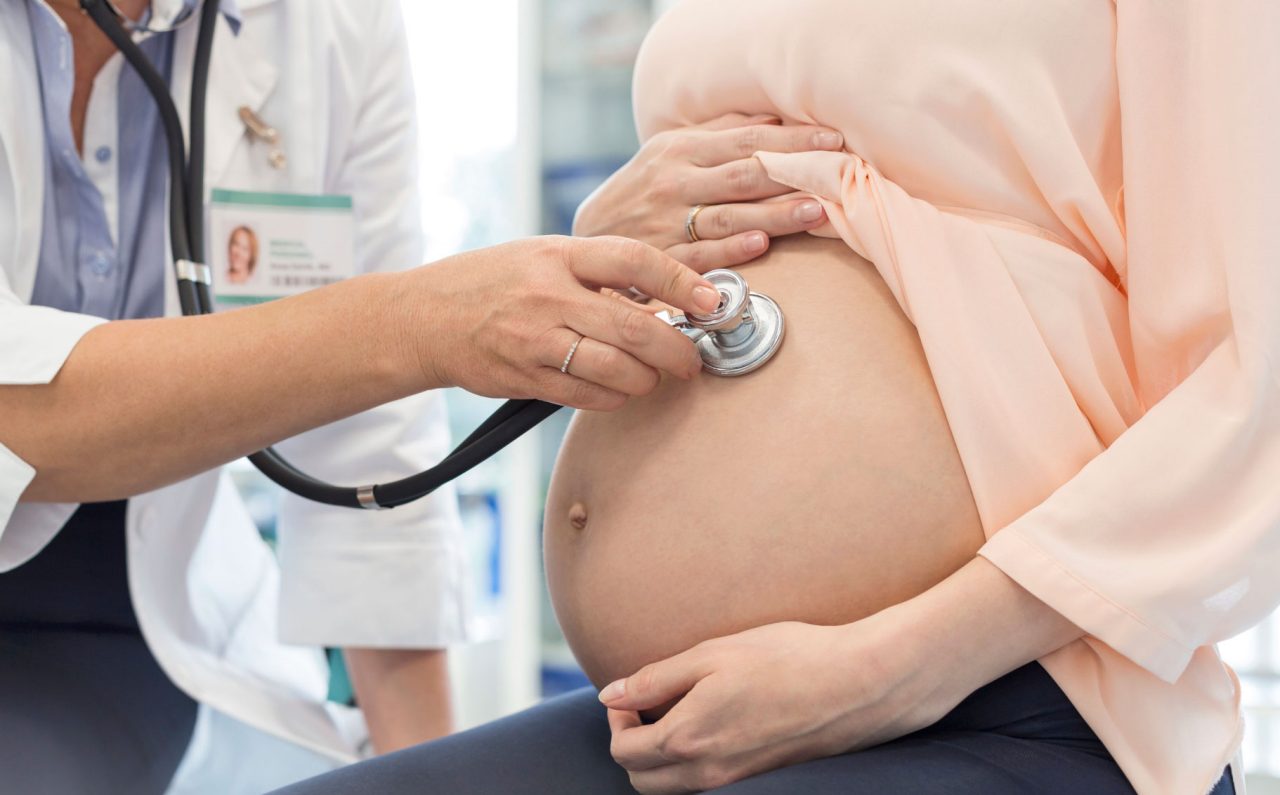How to Prevent Childhood Allergies in the Womb

One in five children have a seasonal allergy. Taking vitamin D pills when you're pregnant could lower the odds your child will ever develop allergies.
Allergies can cause everything from sniffles to asthma attacks and even life-threatening anaphylactic shock. Allergic diseases are common in every age group in the U.S., including millions of children.
In all, one in five American kids have a seasonal allergy, more than 10 percent have eczema, and nearly 6 percent have a food allergy. Around 7 percent of boys have asthma, compared to 5.4 percent of girls.
Genes count. A baby whose sibling or parent has allergies is at more risk.
YOU MIGHT ALSO LIKE: Exercises for Pregnant Women
Researchers are trying to find out if pregnant women can prevent allergies in their children.
An important prevention method may occur if pregnant women consume enough vitamin D. Your baby can benefit if you take a vitamin D supplement of 4,400 IU a day, according to a 15-year clinical trial.
Many pregnant women already take a standard multivitamin that contains only 400 IU per day. In a related study, women deficient in vitamin D were more likely to give birth early.
In the allergy prevention study, scientists found that the children of mothers who took the power dose of vitamin D were less likely to have asthma by ages three and six. They also had lower total serum IgE levels, a sign of an allergy, and improved lung function compared to those whose mothers received a placebo alongside the standard prenatal multivitamin.
Separate research, however, did not find that giving children with asthma vitamin D helped lower their allergy blood markers. Something specific in the womb, at which scientists are looking, seems to provide children with protection.
In earlier research, scientists studied the impact of vitamin D in the first trimester diet of pregnancies, continuing until the research volunteers’ children were about seven years old. The researchers kept track of the vitamin D intake of the moms-to-be with a food frequency questionnaire. They also measured the levels of vitamin D in the women at multiple points during their pregnancy. They checked the vitamin D in the children at birth and when they reached school age, as well.
The results showed the children whose mothers had consumed approximately 100 IUs of food-based vitamin D daily (the amount in an eight-ounce serving of milk) during the first and second trimesters of their pregnancies were significantly less likely to develop hay fever. The youngsters who had been exposed to more vitamin D prebirth were 20 percent less likely to develop allergic rhinitis by age seven.
Previous studies have shown vitamin D plays an important role in your immune system. If you’d rather get your vitamin D through diet, focus on fish, eggs, dairy products, mushrooms, and cereals.
If you are pregnant or planning a pregnancy, discuss your diet and any supplements or medications you take with your doctor.
YOU MIGHT ALSO LIKE: Avoid Excess Pregnancy Weight to Protect Your Unborn Baby’s Brain
Updated:
January 30, 2024
Reviewed By:
Janet O’Dell, RN